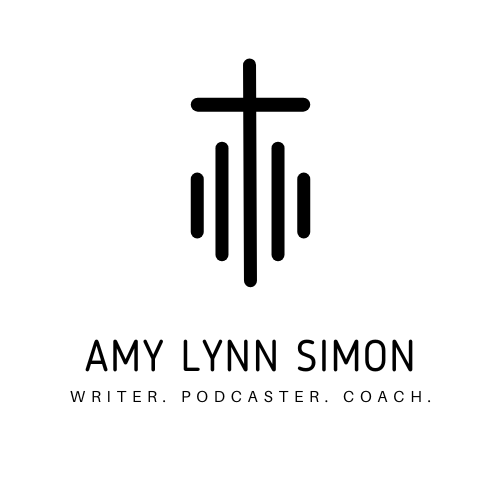Episode 64: Growing Slow as a Writer with Jennifer Dukes Lee
We live in such a busy, distracted, instant gratification culture - we want everything to happen that we think should happen, and we expect it to happen now. And yet, that’s neither realistic nor healthy.
What if growing slowly as writers turned out to be a much more healthy and sustainable way of operating?
Listen in as I talk with best-selling author and acquisitions editor, Jennifer Dukes Lee, about her own journey from the fast-paced world of city journalism to a slower pace of life writing books on her farm in Iowa.
You’ll also learn about the benefits of slow growth from the perspective of the publishing world, and what publishers look for in a book proposal (and it’s not necessarily an enormous platform).
This was such an encouraging conversation, wherever you are in the writing journey!
About Jennifer:
Jennifer Dukes Lee is the bestselling author of several books, including Growing Slow, It’s All Under Control, and Stuff I’d Only Tell God. She’s a fan of queso, bright lipstick, and singing too loudly to songs with great harmony. She lives on a fifth-generation family farm in Iowa, where she and her husband have made a life of growing crops, pigs, two beautiful humans, and an enduring faith.
You can find her at https://jenniferdukeslee.com/, on Instagram, or Facebook. Her book on this topic, Growing Slow can be found here.
The Purposeful Pen is a weekly podcast for Christian writers designed to help you build a writing life with eternal impact. Each week you’ll hear practical tips and Biblical truth on topics such as improving your writing, honing your message, and managing your time. I always respond to listener emails and I’d love to hear from you! Amysimon@amylynnsimon.com
Disclaimer: I believe in and approach life (and writing) from a distinctly evangelical Christian perspective, but some of my guests may not. When I interview a guest on a specifically spiritual topic, I do my best to know in advance that I can support their theological stances on the topics that relate to our interview. When the topic is not particularly spiritual, our theological views may differ. My interviewing of guests and providing links to their work does not necessarily indicate a complete theological endorsement of all their written work.

